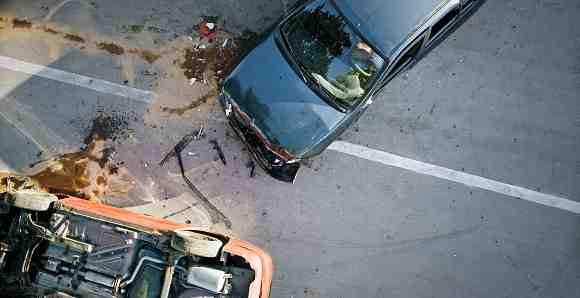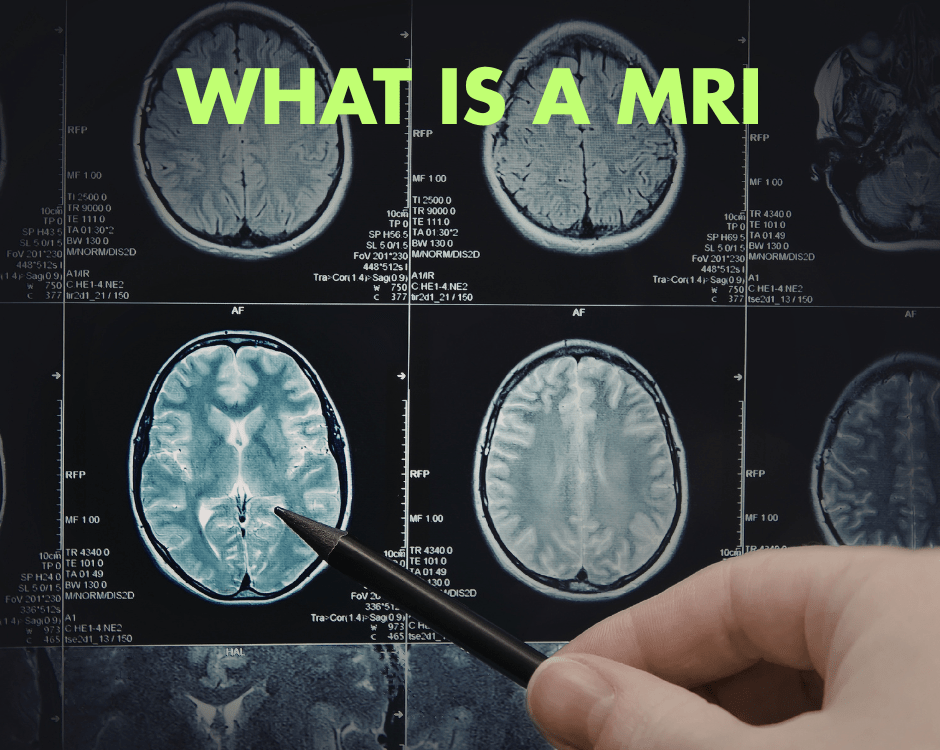The World of Distraction and Defensive Driving

Ouch! Bitten by Bugs!
July 7, 2023
Heat Illness from That Blazing Summer Sun
July 7, 2023Defensive Driving in a Distracted World
Defensive driving is an essential skill that can help you stay safe on the road and reduce the risk of motor vehicle accidents (MVA). By being proactive and aware of potential hazards, you can take preventive measures to avoid dangerous situations. Let us look at some defensive driving ideas to help you become a safer and more confident driver.
- Stay Alert: One of the most important defensive driving principles is to stay focused on the road. Distractions, such as texting, talking on the phone, or using in-car entertainment systems, can significantly impair your ability to react to sudden changes in traffic conditions.
- Maintain a Safe Following Distance: Keeping a safe distance between your vehicle and the one in front of you is key to avoiding rear-end collisions. This allows you enough time to react and brake if the vehicle ahead suddenly stops or slows down. The general rule of thumb is to keep at least 2 car lengths between you and the car in front. This is important not only for you but also for the person behind you. I maintain a safe following distance for the other people that are not paying attention to give them time to react.
- Anticipate and Predict: Defensive driving involves anticipating hazards and predicting the actions of other drivers. By scanning the road ahead, checking mirrors regularly, and being aware of your surroundings, you can better identify potential risks and take necessary precautions.
- Observe Speed Limits for Road Conditions: Sticking to speed limits is not only a law but also a big defensive driving practice. Speeding reduces your ability to react to unexpected situations and increases the severity of accidents. Adjust your speed according to road conditions, weather, and traffic flow to maintain control of your vehicle and respond effectively to any hazards. A GPS which keeps real time road hazards, vehicles beside the road, accidents and traffic can give you a boost of protection.
- Use Turn Signals: Signaling your intentions and using turn signals is essential for communicating with other drivers on the road. Never let another vehicle guess where you are going. We have turn signals for a reason. It helps them anticipate your movements and reduces the likelihood of collisions. Additionally, practicing proper lane discipline by staying in your designated lane and using proper merging techniques contributes to safer driving. This is so important that newer vehicles now vibrate with driving assist if we change lanes without a signal.
- Be Cautious Everywhere: Intersections can be high-risk areas for accidents. Assume other drivers are not going to do the right thing instead of assuming they are. Approach intersections with caution, look for potential crossing traffic and follow traffic signals. Look out for pedestrians and bicycles, and double-check before proceeding, even if you have the right of way.
- Be Prepared for Emergency Situations: Defensive driving involves being prepared for unexpected situations. Familiarize yourself with basic vehicle handling techniques, such as proper braking, steering control, and maintaining control in slippery conditions. These things are best practiced in large open parking lots. If you live in an area where ice and snow are possible take your new drivers to a safe area where they can learn how to handle a vehicle when it is sliding. It is best to practice instead of learning from an accident.
These ideas can significantly reduce the risk of a MVA and create a safer driving environment for yourself and others on the road. Controlling your own vehicle is imperative but being able to predict others’ negligence is what will keep you from participating in an accident. Sometimes you are going to do everything correctly and still have an accident. If you find yourself involved in an MVA, the doctors at Chambers Medical Group can help.
— This article is written by Aaron Workman, DC, one of the members of Chambers Medical Group’s team of car accident chiropractors who offer a variety of treatments and therapies ranging from diagnostic testing to various soft tissue therapies for car accidents and injuries in Kentucky.
.
–
Have you been in a car accident? If you or somebody you know has been in a car accident, be sure that you seek medical attention from a car accident doctor or car accident chiropractor to treat your injuries. Visit Chambers Medical Group to receive world-class medical treatment for your injuries.
Chambers Medical Group has car accident medical clinics in the following locations:
- Car Accident Medical Clinic in Tampa
- Car Accident Medical Clinic in Plant City
- Car Accident Medical Clinic in Brandon
- Car Accident Medical Clinic in Lakeland
- Car Accident Medical Clinic in Sarasota
- Car Accident Medical Clinic in Louisville
- Car Accident Medical Clinic in Lexington
- Car Accident Medical Clinic in Florence




